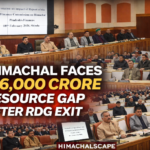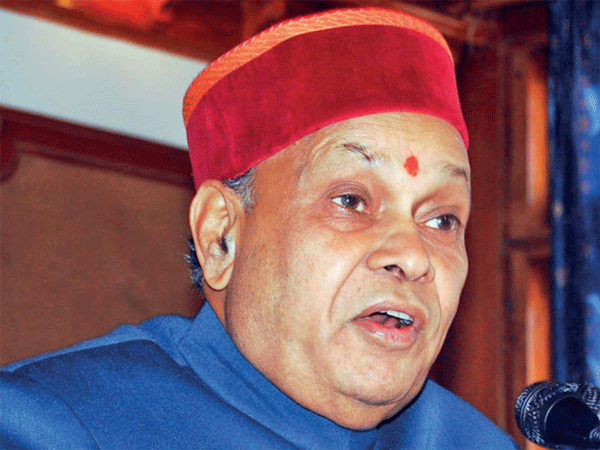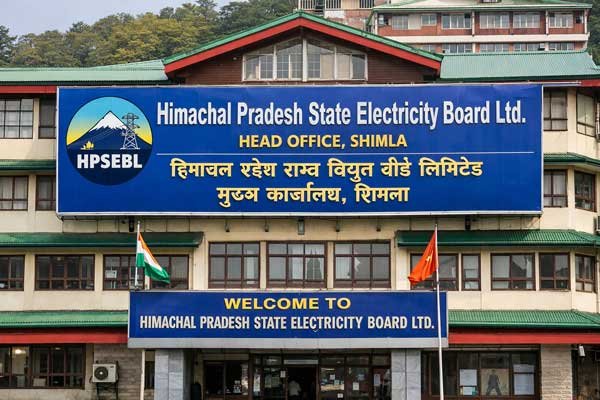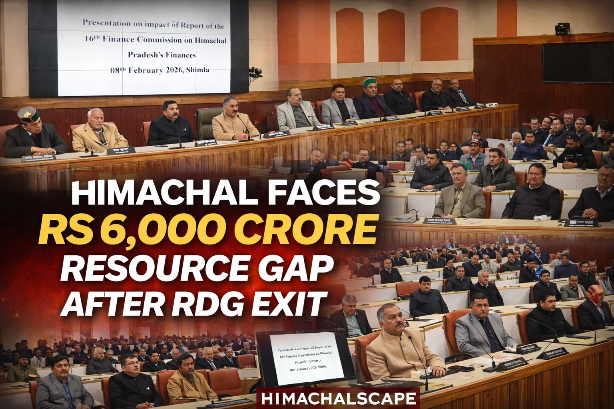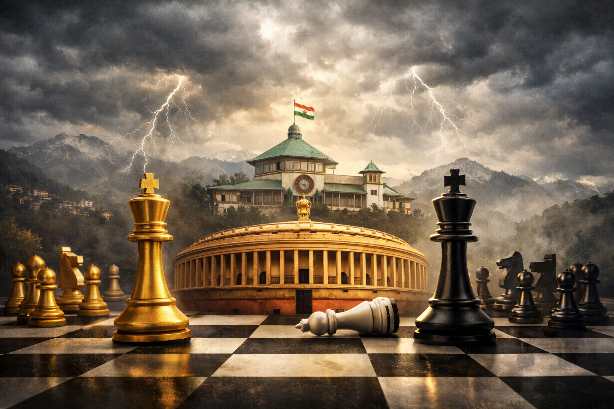
Shimla, May 19
The Indian media landscape has experienced a significant decline in freedom and integrity over the past ten years, according to a comprehensive report titled “Ten Years of NDA: A Guarantee Check on Media Bahutva, Karnataka” prepared by the Indian civil rights group, People’s Union for Civil Liberties (PUCL). This report sheds light on the multifaceted challenges faced by the media under the NDA government, detailing instances of censorship, targeted attacks on journalists, and consolidation of media ownership by pro-government entities.
The report highlights a disturbing trend of declining media freedom, with India slipping to 161 out of 180 in the World Press Freedom Index 2023. This drop reflects the increasing dangers journalists face, including threats, violence, and even death. From 2014 to 2019, at least 21 journalist deaths were directly linked to their professional activities. Additionally, independent media organizations have been systematically undermined through arrests and criminal actions, stifling voices that dare to challenge the status quo.
The report spells that the NDA government has exerted extensive control over media content through a series of laws and regulations aimed at censoring dissenting voices. Notable among these are the Information Technology (Intermediary Guidelines and Digital Media Ethics Code) Rules, 2021, and the draft Telecommunications Bill of 2023. These measures have enabled the government to regulate and remove content from digital platforms aggressively. India now ranks third highest globally for content removal requests, reflecting the state’s heavy-handed approach to suppressing unfavorable information, noted the report.
Concentration of Media Ownership
The media landscape in India has increasingly fallen under the control of a few large conglomerates with strong ties to the ruling party. This consolidation has significantly reduced the diversity of media ownership and, consequently, the range of perspectives available to the public. Major acquisitions by pro-government industrialists, such as the Adani Group’s takeover of NDTV and Reliance’s acquisition of TV18, exemplify this trend. Such dominance by a few players has turned much of the media into mere mouthpieces for the government, severely impacting their role as watchdogs of democracy.
Journalists critical of the government face severe reprisals, including harassment, arrests, and job loss. High-profile cases, such as the assassinations of Gauri Lankesh and Shujat Bukhari, and the arrest of Siddique Kappan, highlight the perilous environment for independent journalism in India. The report details numerous instances where journalists have been forced out of their jobs or jailed under dubious charges, further illustrating the repressive measures employed to silence them.
Several legislative changes have been introduced to tighten the government’s grip on the media. The Telecommunications Bill and the Broadcasting Services (Regulation) Bill are among the key pieces of legislation that expand the government’s ability to intercept and control media communications. Additionally, the replacement of the Working Journalists Act, 1955, has left journalists more vulnerable and less protected.
India has become notorious for its frequent internet shutdowns, with 811 instances recorded since 2012. Jammu and Kashmir alone experienced the world’s longest shutdown, lasting 552 days. These shutdowns are often used as tools for political control, severely impacting not only the flow of information but also the economy, with estimated losses amounting to $184.3 million in 2022.

The HimachalScape Bureau comprises seasoned journalists from Himachal Pradesh with over 25 years of experience in leading media conglomerates such as The Times of India and United News of India. Known for their in-depth regional insights, the team brings credible, research-driven, and balanced reportage on Himachal’s socio-political and developmental landscape.



